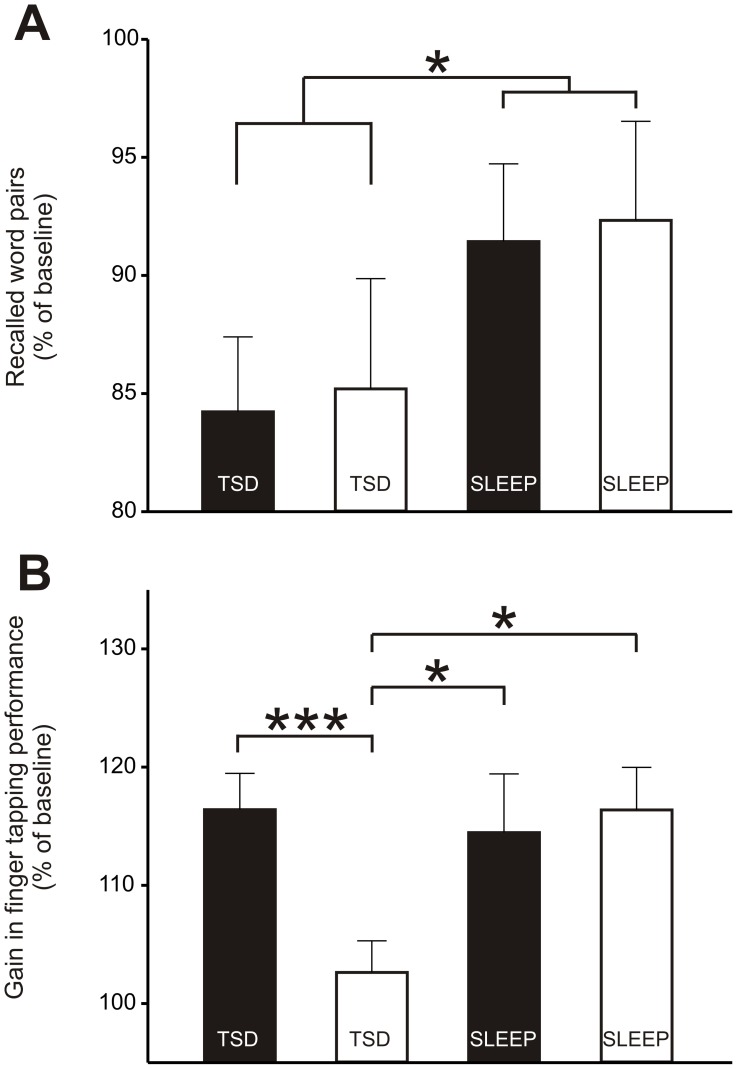Figure 2. The influence of energy intake on procedural and declarative memory consolidation during sleep and total sleep deprivation.
Values are presented as means ± SEMs. (A) Number of correctly recalled word pairs in the morning after one night of either total sleep deprivation (TSD) or 7-h sleep opportunity. On the day before sleep or nocturnal wakefulness but after learning (0800 h), subjects (n = 14) were either over- (black bar) or undersupplied (white bar) with calories, ie., they consumed either ∼50% or ∼150% of their estimated individual total energy expenditure. Retention performance is indicated by the percentage of word pairs recalled at retrieval (1030 h in the morning after sleep or TSD), with performance on the criterion trial during learning set to 100%. Repeated-measures ANOVA revealed a significant main effect for Sleep/TSD (p = 0.05). (B) Overnight gain in finger tapping skill is indicated by the average percentage of the number of correct sequences per 30 s trial on the three trials at retrieval testing (1030 h in the morning after sleep or TSD), with the average performance at the end of learning (trial 10–12) set to 100%. Repeated-measures ANOVA produced a significant interaction between the Sleep/TSD conditions and the energy intake intervention (p = 0.05). *p≤0.05, ***p<0.001 for pairwise comparisons between conditions.

